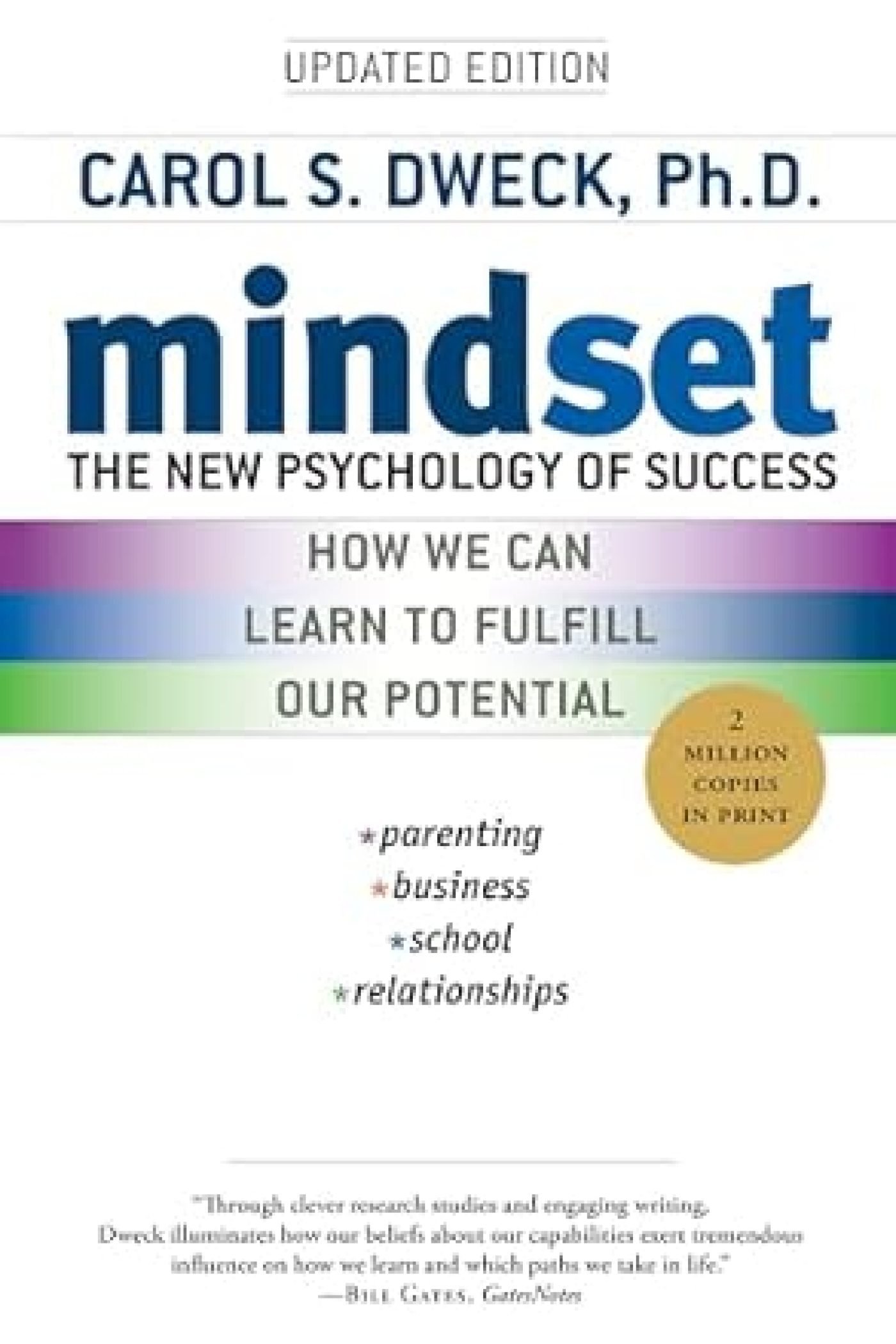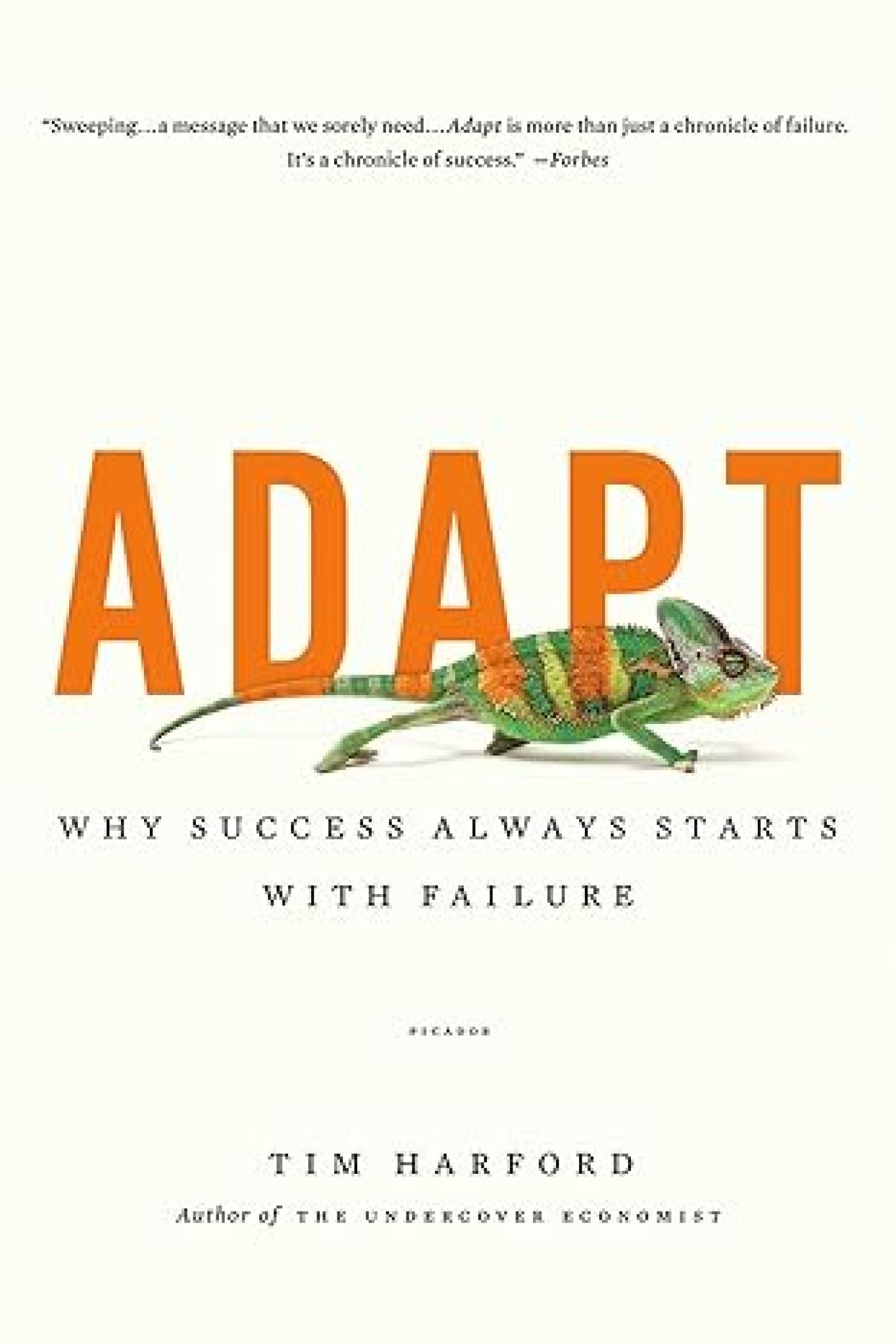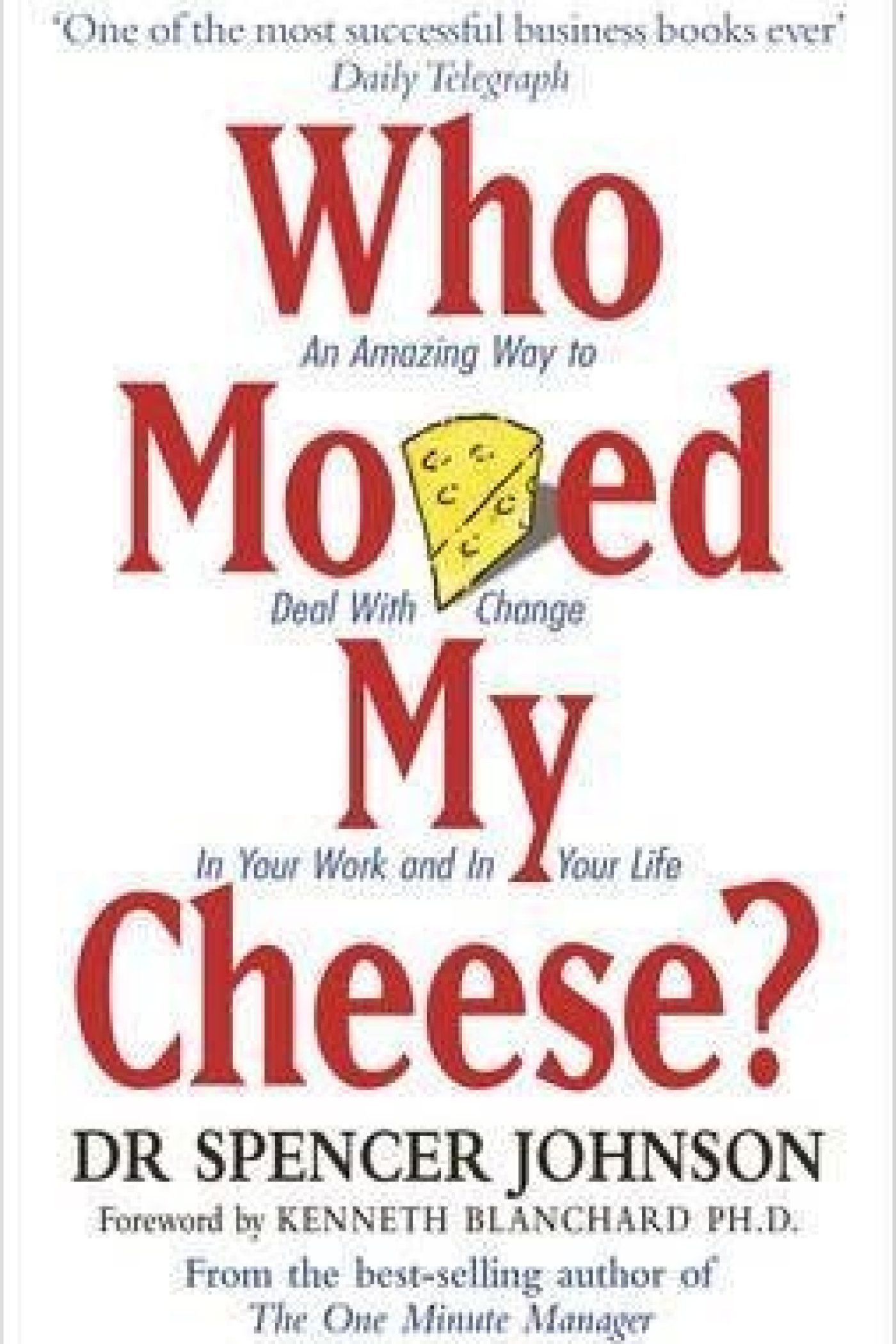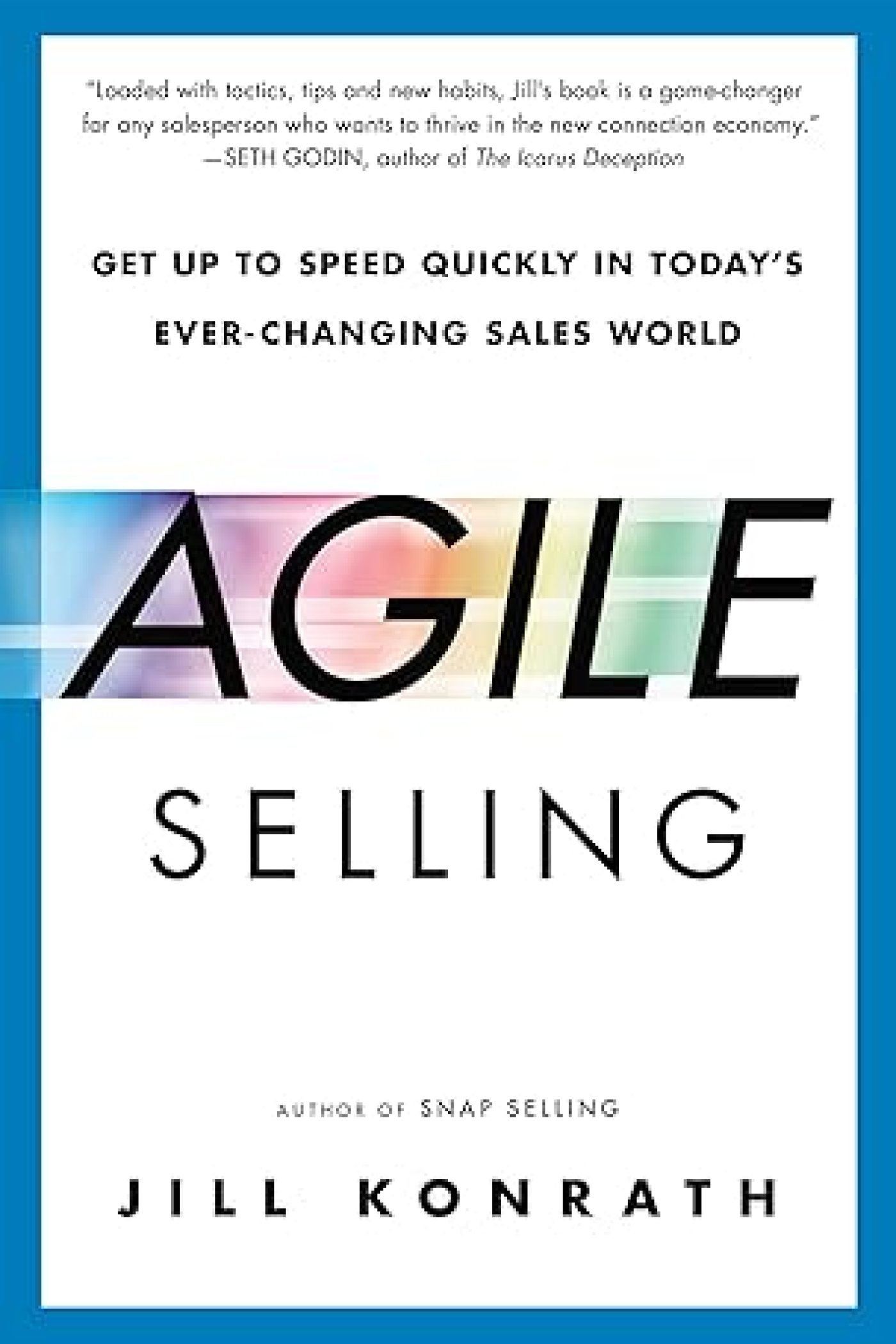
Flexible
The Flexible habit type thrives in dynamic environments, adapting seamlessly to changing circumstances and priorities. They excel at finding creative solutions and adjusting their approaches to align with evolving goals and challenges. Their versatility allows them to manage uncertainty with ease, often serving as a stabilizing force in unpredictable situations. However, their openness to change can sometimes lead to a lack of focus or difficulty committing to a single course of action. By balancing their adaptability with clear goals and structured plans, the Flexible type can harness their strengths to achieve consistent and meaningful progress.
Have you found your Tailored Approach?

Flexible
The Flexible individual is adaptable and open to change, able to adjust strategies and methods to suit evolving circumstances. They maintain progress by staying versatile in their approach while holding firm to their goals. Flexibility allows them to embrace new ideas and pivot when necessary, making them resilient in the face of uncertainty and capable of maintaining consistency despite shifting external factors.
Have you found your Tailored Approach?
Our Tailored Book Suggestions for Flexible Habits
The Flexible's Action Center
Action Catalysts

Action Constraints
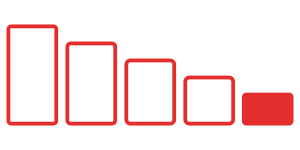
Open-Ended Goals: Broad objectives provide the freedom to adapt strategies while staying aligned with overall purpose.
Dynamic Work Environments: Thriving in variety-rich settings enhances their creativity and energy.
Collaborative Opportunities: Engaging with diverse teams stimulates innovation and keeps them motivated.
Freedom to Experiment: The ability to test different approaches helps them discover the most effective solutions.
Access to Diverse Resources: A wide array of tools, information, and support fuels their ability to adapt and succeed.
Lack of Clear Direction: Without defined goals, their adaptability can lead to scattered efforts.
Overcommitment to Change: Constantly shifting strategies may hinder progress and create inefficiency.
Unstructured Environments: Too much chaos or ambiguity can overwhelm their natural flexibility.
Indecisiveness: Struggling to choose between options may delay decision-making and execution.
Reliance on External Validation: Seeking too much input can dilute their instincts and hinder decisive action.
Find Your Outcome Today!
Consistency for the Flexible Type
With regards to Consistency, the Flexible type excels at maintaining consistency through adaptability, finding creative ways to stay on track even when circumstances shift. They are skilled at identifying alternative paths and adjusting their approaches to ensure progress, making them resilient in the face of change. Their ability to adapt keeps their efforts aligned with goals, but their openness to variation can sometimes lead to scattered focus or a lack of routine. By combining their natural versatility with a few structured habits, the Flexible type can maintain consistency without sacrificing their dynamic strengths. This balance allows them to achieve steady, reliable results over time.
Flexible Type + Overall Personality Strength: Mind & Body
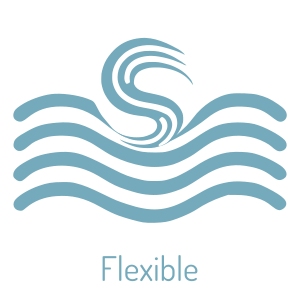

Mental Optimization
Physical Optimization
Reflective Flex Journals: Use an adaptable journaling format to explore thoughts and align goals with evolving priorities.
Flexible Focus Blocks: Alternate between short and long focus periods to match changing energy levels.
Rotational Learning: Engage in varied learning formats like reading, podcasts, or video courses to maintain interest and consistency.
Adaptable Fitness Plans: Use modular workout routines that can shift between strength training and cardio as needed.
Mindful Physical Practices: Incorporate yoga or meditation with flexible sequences tailored to daily energy levels.
Solo Nature Walks: Alternate between different trails or outdoor activities to maintain physical consistency and curiosity.


Mental Optimization
Physical Optimization
Dual-Mode Planning: Combine structured planning with spontaneous adjustments for a balanced mental approach.
Intentional Quiet Time: Schedule unstructured quiet moments to reflect and recharge amidst dynamic schedules.
Dynamic Motivation Techniques: Rotate motivational strategies, such as affirmations or vision boards, to stay engaged.
Rotational Exercise Schedules: Combine structured fitness plans with the freedom to change based on mood or energy.
Holistic Health Approaches: Mix mindfulness exercises with dynamic physical activities to balance routine and adaptability.
Wellness Goal Tracking: Use apps or journals to monitor progress, allowing for changes as priorities evolve.

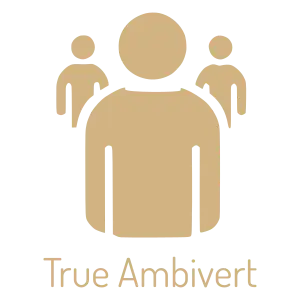
Mental Optimization
Physical Optimization
Balanced Goal Setting: Create adaptable goals that allow shifts between solo work and collaborative efforts.
Periodic Focus Breaks: Schedule breaks that encourage alternating between mental reflection and light interactions.
Alternating Work Modes: Plan days with varying mental tasks to sustain consistency and avoid monotony.
Balanced Fitness Routines: Alternate between solo exercises and small-group activities for variety and consistency.
Activity-Based Goal Setting: Use fitness goals as a motivator for maintaining overall structure in daily routines.
Short Active Breaks: Incorporate quick, intentional physical breaks to sustain focus during strategic work.


Mental Optimization
Physical Optimization
Interactive Vision Mapping: Collaborate with peers to design adaptable goals and plans that energize your focus.
Group Motivation Sessions: Join group workshops or discussions to inspire creative ideas and renew commitment.
Rotational Accountability Systems: Switch between self-check-ins and group progress reviews to stay aligned.
Variety-Driven Fitness Routines: Alternate between individual workouts and small-group activities to maintain engagement.
Adaptive Physical Milestones: Set fitness goals that can evolve as needs or preferences change.
Dynamic Active Breaks: Incorporate flexible movement during breaks, such as stretches or quick workouts.

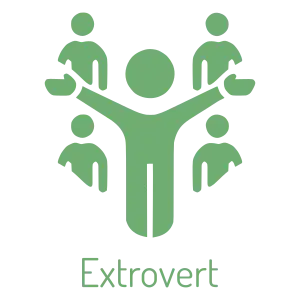
Mental Optimization
Physical Optimization
Social Goal Sharing: Share plans with peers or mentors for dynamic feedback and motivation.
Interactive Planning Networks: Engage in collaborative planning sessions to spark new ideas and maintain energy.
Stimulating Focus Challenges: Participate in team-based challenges to boost mental engagement and consistency.
Energetic Team Activities: Commit to dynamic sports leagues or group challenges that vary throughout the season.
High-Energy Group Classes: Join upbeat, interactive fitness sessions to sustain motivation.
Event-Based Training: Prepare for community runs, charity events, or competitions to maintain long-term focus.
Flexible Type + Overall Real Estate Strategy: Lead Generation & CE Courses


Lead Generation Suggestions
CE Course Suggestions
Dynamic Data Analysis: Use adaptive tools to track and respond to shifting market trends for lead optimization.
Rotating Target Audiences: Experiment with different demographic segments to discover untapped lead opportunities.
Customizable Campaign Templates: Create flexible marketing templates that can be adjusted for varied audience needs.
Market Dynamics: Courses on forecasting and responding to shifting market trends.
Tech Integration: Training on utilizing CRM tools and analytics platforms for flexible lead management.
Advanced Financial Modeling: Classes on analyzing investment opportunities in fluctuating markets.

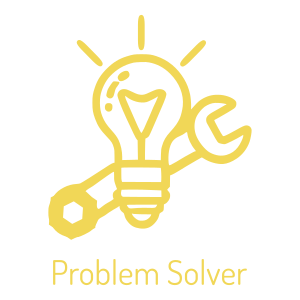
Lead Generation Suggestions
CE Course Suggestions
Challenge-Based Outreach: Identify complex or underserved markets and design creative campaigns to address their needs.
Iterative Marketing Experiments: Run small-scale pilot campaigns to test and refine messaging and outreach strategies.
Solution-Focused Lead Funnels: Build funnels that highlight your adaptability and innovative problem-solving for potential clients.
Creative Marketing Strategies: Training on designing campaigns for complex or underserved market segments.
Negotiation Agility: Courses on adapting negotiation tactics to changing deal dynamics.
Risk Assessment Techniques: Learning to identify and manage risks in variable market conditions.


Lead Generation Suggestions
CE Course Suggestions
Personalized Multi-Channel Outreach: Use varied communication methods—calls, texts, and emails—to keep leads engaged.
Connection-Centric Networking: Attend diverse events to expand your network while focusing on building meaningful relationships.
Adaptable Referral Programs: Design referral systems that evolve based on client preferences and market conditions.
Cultural Competency: Classes on engaging diverse client demographics effectively.
Client Loyalty Programs: Training on designing flexible programs to build long-term client loyalty.
Networking Mastery: Courses on creating and maintaining professional networks across varied platforms.

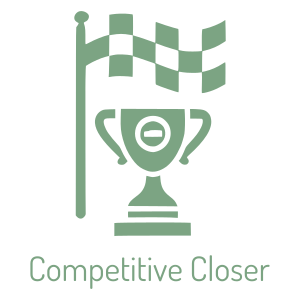
Lead Generation Suggestions
CE Course Suggestions
Time-Sensitive Campaigns: Design adaptable campaigns with clear deadlines to create urgency while maintaining flexibility.
Lead Prioritization Systems: Use dynamic scoring methods to adjust priorities based on changing client readiness.
Customizable Closing Scripts: Develop flexible closing approaches that adapt to different client personalities and objections.
Urgency-Driven Closing: Classes on applying flexible techniques to create and capitalize on urgency.
Time Management for Deals: Training on maintaining efficiency while handling dynamic transaction timelines.
Sales Psychology Insights: Understanding buyer behavior to adapt closing strategies.

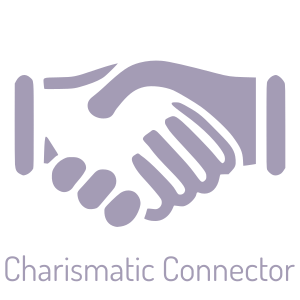
Lead Generation Suggestions
CE Course Suggestions
Event-Centric Lead Strategies: Host engaging community events that allow for natural connection and flexible follow-ups.
Social Media Campaign Adaptability: Use platforms like Instagram and TikTok to test and refine outreach tactics dynamically.
Collaborative Partnerships: Partner with local influencers or businesses to expand lead generation efforts creatively.
Interactive Marketing Tools: Training on using virtual tours, videos, and dynamic content for lead engagement.
Event Hosting Skills: Classes on planning and executing community-building events for lead generation.
Social Media Influence: Training on leveraging platforms for impactful, adaptive client outreach.
Find Your Outcome Combinations Today!
Commitment for the Flexible Type
With regards to Consistency, the Flexible type demonstrates their commitment through adaptability, finding innovative ways to stay dedicated even as circumstances evolve. Their ability to adjust strategies and embrace change allows them to maintain focus on long-term goals while navigating challenges. This versatility makes them resilient and resourceful, but it can occasionally lead to difficulty maintaining consistency or prioritizing objectives. By pairing their natural openness with clear intentions and structured milestones, the Flexible type can sustain their commitment while leveraging their strengths to achieve meaningful outcomes. This balance empowers them to stay engaged and successful in dynamic environments.
Flexible Type + Overall Personality Strength: Mind & Body


Mental Optimization
Physical Optimization
Adaptable Reflection Practices: Alternate between journaling, meditation, or quiet visualization to focus on long-term goals.
Flexible Goal Mapping: Use open-ended goal templates that allow for adjustments as priorities shift.
Personal Inspiration Sources: Rotate motivational activities like reading or personal podcasts to sustain mental engagement.
Customizable Fitness Goals: Set flexible physical objectives that can adapt to daily energy levels.
Quiet Physical Activities: Engage in solo activities like walking or yoga to maintain both physical and mental balance.
Integrated Restorative Practices: Combine gentle stretching with mindfulness exercises for holistic well-being.


Mental Optimization
Physical Optimization
Blended Planning Systems: Combine structured goal-setting with spontaneous creativity for a balanced mental approach.
Dynamic Self-Awareness: Alternate between introspection and light discussions to keep mental clarity and adaptability.
Goal Refinement Sessions: Regularly revisit goals to ensure they align with evolving personal aspirations.
Rotational Routines: Alternate between cardio, strength training, and relaxation exercises to stay physically engaged.
Mindful Movement Practices: Incorporate body-focused mindfulness, like tai chi, for consistency and adaptability.
Wellness Progress Journaling: Track physical milestones and adjust routines based on results and preferences.


Mental Optimization
Physical Optimization
Collaborative Vision Exercises: Pair self-reflection with small-group brainstorming to align personal and shared goals.
Alternating Focus Breaks: Use a mix of solo reflection and interactive breaks to maintain mental engagement.
Mindset Shifts: Explore multiple perspectives on challenges to stay mentally agile and committed.
Alternating Activity Styles: Switch between solo workouts and small-group activities for a varied fitness routine.
Goal-Oriented Fitness Plans: Design adaptable plans with milestones that motivate sustained effort.
Physical Checkpoints: Regularly evaluate physical progress and adjust plans for evolving needs.


Mental Optimization
Physical Optimization
Social Planning Activities: Use collaborative planning sessions with peers to maintain accountability and focus.
Engaged Feedback Loops: Incorporate group feedback into personal planning to refine and reinforce goals.
Interactive Inspiration Sources: Attend workshops or join group discussions to stay mentally stimulated and aligned with goals.
Group Fitness Challenges: Participate in team-based activities to maintain motivation and accountability.
Community Sports Involvement: Join sports leagues or fitness clubs to combine physical goals with social engagement.
Partner-Based Exercises: Work out with a buddy to create shared milestones and maintain consistency.


Mental Optimization
Physical Optimization
Public Goal Sharing: Share long-term goals in social settings to stay accountable and energized.
Lively Brainstorming Groups: Engage in dynamic group discussions to refine strategies and maintain commitment.
Goal-Oriented Networking: Use social events to gain insights and maintain focus on broader aspirations.
Energetic Team Events: Commit to high-energy group sports or challenges that align with social preferences.
Dynamic Group Classes: Join interactive fitness sessions that encourage sustained physical activity.
Event-Based Fitness Goals: Train for races, marathons, or charity fitness events to maintain long-term focus.
Flexible Type + Overall Real Estate Strategy: Lead Generation & CE Courses


Lead Generation Suggestions
CE Course Suggestions
Adaptive Data Systems: Use tools like CRMs to track and refine lead generation based on shifting market data.
Rotating Outreach Campaigns: Experiment with different messaging styles and platforms to optimize engagement.
Trend-Based Lead Targeting: Regularly analyze market trends and adjust targeting strategies accordingly.
Predictive Market Analytics: Training on advanced data tools for forecasting market behavior.
Adaptive Technology Integration: Courses on incorporating cutting-edge tools like AI and automation into workflows.
Multi-Market Insights: Classes on working across various market types and adapting to regional trends.


Lead Generation Suggestions
CE Course Suggestions
Creative Outreach Campaigns: Design campaigns that focus on solving unique challenges for specific client demographics.
Pilot-Driven Lead Funnels: Test small-scale outreach strategies before scaling successful models.
Challenge-Based Networking: Build relationships by offering solutions to complex market problems during conversations.
Innovative Problem-Solving Tactics: Classes on applying creativity to overcome market challenges.
Risk Mitigation Training: Courses on assessing and adapting strategies for minimizing transactional risks.
Negotiation in Dynamic Markets: Training on handling complex negotiations in shifting conditions.


Lead Generation Suggestions
CE Course Suggestions
Dynamic Follow-Up Routines: Use varied communication styles—texts, calls, or videos—to maintain client engagement.
Diverse Connection Events: Attend a range of networking events to cultivate a broad spectrum of client relationships.
Personalized Marketing Plans: Develop client-specific marketing campaigns that evolve with their preferences.
Cultural Competency Expansion: Training to connect with diverse demographics through adaptive strategies.
Long-Term Client Engagement: Courses on sustaining relationships through evolving client needs.
Multi-Channel Networking: Learning to leverage multiple platforms for building and maintaining connections.


Lead Generation Suggestions
CE Course Suggestions
Flexible Sales Pitches: Create customizable sales pitches to adapt to the priorities of different clients.
Urgency-Driven Campaign Variations: Use time-sensitive campaigns while tailoring messages for each lead’s needs.
Dynamic Conversion Tracking: Monitor closing metrics to adjust strategies and maintain a high conversion rate.
Agile Sales Techniques: Classes on adapting sales approaches to varied client personalities.
Closing in Competitive Markets: Training on securing deals in fast-paced, high-demand environments.
Time-Sensitive Transaction Management: Courses on maintaining efficiency in urgent or competitive scenarios.


Lead Generation Suggestions
CE Course Suggestions
Event-Driven Campaigns: Host adaptive events, like open houses or webinars, that cater to changing market trends.
Collaborative Lead Strategies: Partner with influencers or local businesses for creative lead generation approaches.
Interactive Social Outreach: Use platforms like TikTok or Instagram to engage with leads dynamically and authentically.
Event Planning for Leads: Classes on hosting versatile, market-relevant events to generate leads.
Brand Storytelling: Training on crafting engaging narratives that resonate with clients.
Social Media Adaptability: Courses on using trending platforms to reach a broad audience authentically.

